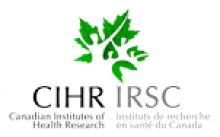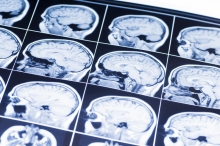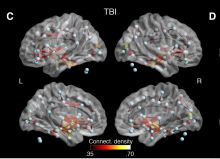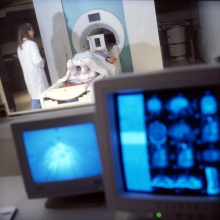Technique can be used to better categorize patients with neurological disease, according to their therapeutic needs
Personalized medicine – delivering therapies specially tailored to a patient’s unique physiology – has been a goal of researchers and doctors for a long time. New research provides a way of delivering personalized treatments to patients with neurological disease.















